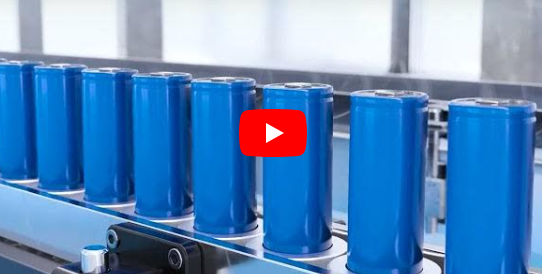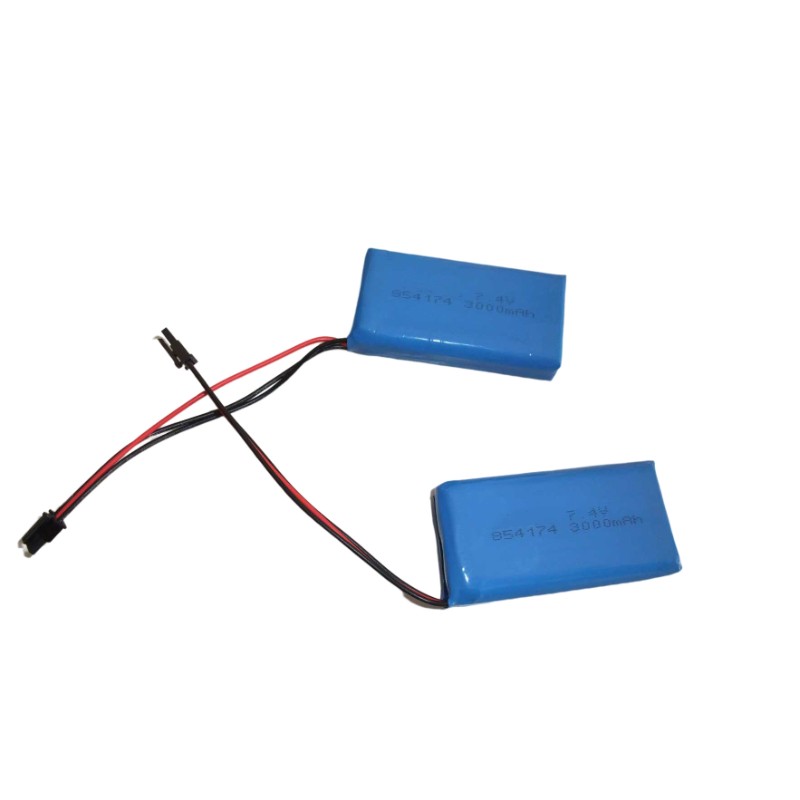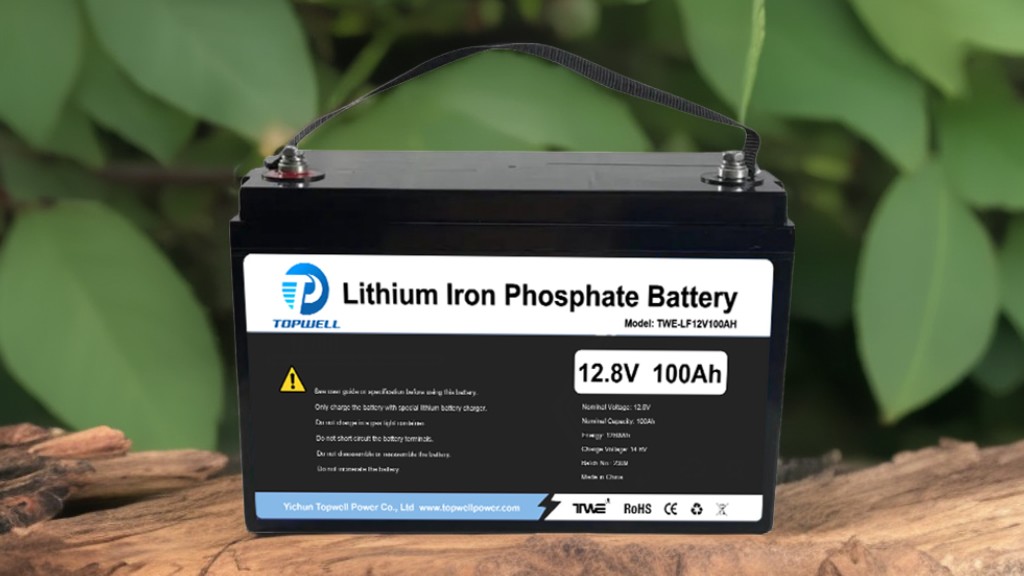Low-temperature lithium-ion battery is a new type of
lithium-ion battery. Its main feature is that it can work normally at a lower temperature (usually minus 10 degrees to minus 50 degrees). It is suitable for
power storage and storage in cold regions or low temperature environments. use.
Compared with ordinary lithium-ion batteries, the main difference of low-temperature lithium-ion batteries lies in the following two aspects:
Material selection: Low-temperature lithium-ion batteries use anodes with low activation energy and cathode materials with high specific volume and high specific energy to ensure that the reaction rate of the electrodes can remain fast enough at low temperatures. At the same time, low-temperature lithium-ion batteries also use electrolytes with better conductivity and higher ion transmission rates to ensure the efficiency and rate of lithium ion transmission at low temperatures.
Design optimization: The design of low-temperature lithium-ion batteries has also undergone a series of optimizations, such as increasing the electrode interval, increasing the thickness of the negative electrode of the battery, and improving the insulation of the battery, etc., to reduce the catalytic reaction and polarization inside the battery at low temperatures, thereby Guarantee the performance and life of the battery.
Generally speaking, low-temperature lithium-ion batteries have lower internal resistance and higher energy density than ordinary lithium-ion batteries, and also have better cold resistance and cycle life. Therefore, low-temperature lithium-ion batteries have broad application prospects in some special occasions, such as arctic exploration, military equipment, spacecraft and unmanned aerial vehicles.
 LiPo Batteries and Sustainability: Navigating Environmental Impact
LiPo Batteries and Sustainability: Navigating Environmental Impact
 From Concept to Market: The Manufacturing Process of LiPo (Lithium Polymer) Batteries
From Concept to Market: The Manufacturing Process of LiPo (Lithium Polymer) Batteries
 LiPo Batteries and Sustainability: Navigating Environmental Impact
LiPo Batteries and Sustainability: Navigating Environmental Impact
 Exploring the Advantages and Applications of Lithium Iron Phosphate Batteries
Exploring the Advantages and Applications of Lithium Iron Phosphate Batteries